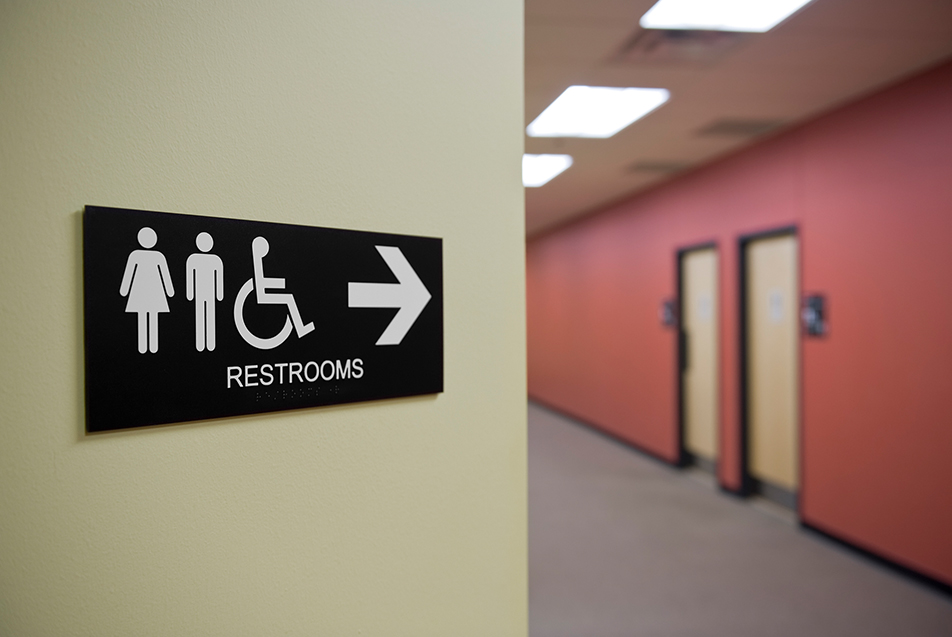Contrary to what many might think, a hemorrhoid is a normal part of the body. We all have them; some inside of the body, and, for some people, they are outside of the body. But, as Sunil Reddy, MD, PPG – Colon & Rectal Surgery, explains, as we get older, with constipation and other issues, they can flare up. They can cause bleeding, or, if they’re too large, they can come out of the body (prolapse), which can result in pain, mucus and a lot of discomfort. Here, Dr. Reddy shares more on symptoms, treatment and prevention.
Causes
Hemorrhoids are caused most commonly by constipation, which can involve hard bowel movements or straining. When these things happen, the hemorrhoids get engorged, and bleed and/or come out of the body. Another common cause is child birth. Difficult labor and multiple births can result in an engorged hemorrhoid. Often, this is temporary.
Symptoms
The most common problem associated with hemorrhoids is rectal bleeding. The bleeding is painless, but often patients see bright red blood in the toilet. This will typically stop after a bowel movement. Some might experience pain, constant discomfort, difficulty having a normal bowel movement, or mucus, which can be accompanied by itching and discomfort.
Risks
It’s always important to make sure these symptoms are not indicating colon cancer. If you notice any bleeding or mucus, contact your physician.
Hemorrhoids are benign, but if untreated, the bleeding can go on and lead to anemia and fatigue. If they prolapse, the patient can have issues with their bowel movements. The hemorrhoid could also become strangulated, at which point it would need to be removed.
Diagnosis
When people come to us with issues, we first perform a rectal examination in the office. We might use a small scope and look inside to determine the size of the hemorrhoid as well. We are also ruling out cancer at this point.
Treatment
Treatment depends on the nature and size of the hemorrhoid. If we’re seeing minor symptoms, bleeding and constipation, we’ll first begin by addressing the root cause, which is bowel movements. We’ll put the patient on fiber supplements, stool softeners, laxatives, increase their water intake, encourage exercise and address their stress level.
If the bleeding is excessive and going on every day, there are a few procedures available to remove the hemorrhoid.

Prevention
Prevention begins with good lifestyle and bowel habits. People need to get adequate fiber through their diet, drink plenty of water and exercise. Good bathroom habits are also important. Sometimes, people like to stay on the commode and read or browse the internet. Staying in that position can make hemorrhoids worse, and we strongly discourage this behavior.
Bowel patterns can be different. Some people go once a day, and some go every three days. As long as it’s easy and you don’t have to strain, that’s considered a healthy pattern.
Managing the condition
People who experience recurring hemorrhoids should address their concerns with a physician. They will likely recommend a colonoscopy to rule out a larger issue. Patients can also manage hemorrhoids by adjusting their lifestyle. Incorporate a fiber supplement and fiber-rich foods, drink plenty of water, maintain a healthy weight, exercise, take probiotics and stool softeners, avoid lifting heavy weights and practice healthy bathroom hygiene.



